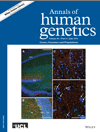 Journals have retracted four papers from an author after uncovering evidence the peer review process had been compromised. Three papers have all common authors.
Journals have retracted four papers from an author after uncovering evidence the peer review process had been compromised. Three papers have all common authors.
In one notice, issued last month, Annals of Human Genetics said it had reason to believe the paper had been reviewed by unqualified reviewers. Last year, another journal, Molecular Biology Reports, pulled two papers by the same group — all based at the China Medical University in Shenyang — all for peer-review issues. Additionally, Molecular Biology Reports also retracted another paper co-authored by Peng Liu last year, which did not include her other colleagues on the three other papers. All papers describe the epigenetic changes — modifications in expressions of genes — that may underlie cancer.
Here’s the retraction notice in the Annals of Human Genetics, published June 27: Continue reading Author, among others, loses four papers for “compromised” peer review
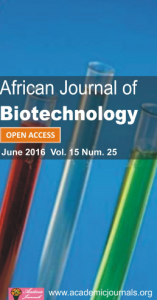
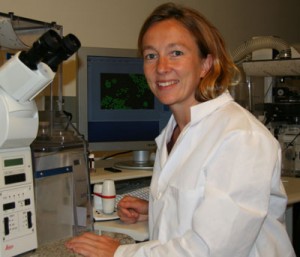



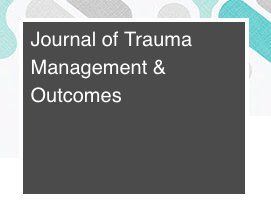
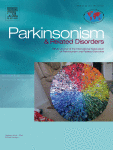 A bone researcher in Japan has logged his sixth retraction, after acknowledging he duplicated substantial portions of a 2011 paper and added “honorary” co-authors.
A bone researcher in Japan has logged his sixth retraction, after acknowledging he duplicated substantial portions of a 2011 paper and added “honorary” co-authors.